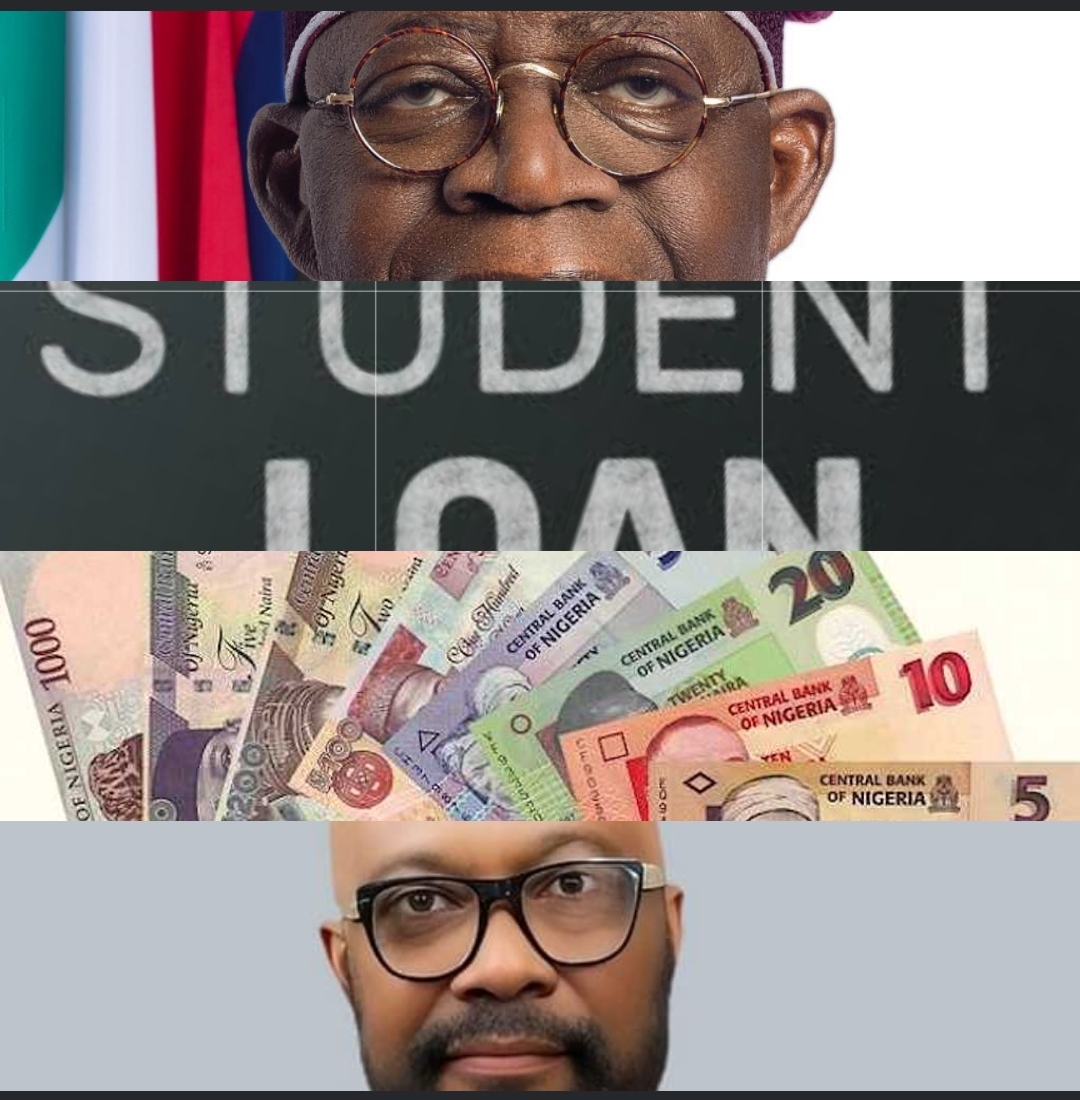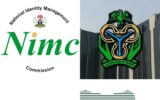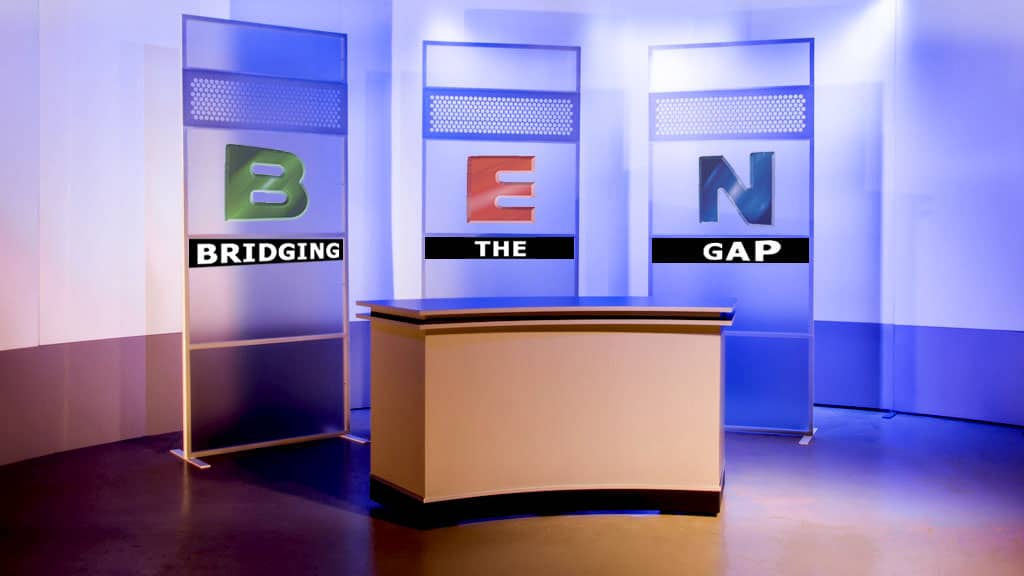In the pursuit of higher education, students frequently encounter the formidable task of funding their academic pursuits. With the relentless rise in college tuition expenses, student loans have emerged as indispensable lifelines for those aiming to overcome financial barriers. Nonetheless, the configuration and accessibility of student loans differ across nations, including the United States, the United Kingdom, and Nigeria.

Nigeria’s Student Loan
Student loans, prevalent in developed nations, serve as essential aids for countless aspiring scholars. Tailored to cover a spectrum of educational expenses such as tuition fees, textbooks, accommodation, and living costs, these loans offer indispensable financial support. However, they entail a commitment to repayment, frequently compounded by interest charges.
In the US, federal student loans administered by the Department of Education provide access to higher education for millions of students each year. These loans offer fixed interest rates, flexible repayment plans, and options for loan forgiveness. On the other hand, in the UK, government-sponsored student loans operate under an income-contingent repayment model, where repayments are tied to borrowers’ income levels.
Meanwhile, in Nigeria, I commend the significant strides that have been made in the higher education financing. On Wednesday, April 3, 2024, the government of President Bola Tinubu signed into law the Student Loans (Access to Higher Education) (Repeal and Re-enactment) Bill, 2024. This historic legislation seeks to guarantee sustainable higher education and functional skill development for all Nigerian students and youths. However, a pertinent question arises: do we truly require student loans with the potential burden of high interest rates, or should the focus be on providing free education? If possible offer students the beeriest minimum interest on the loans.
Examining student loan systems in the US, the UK, and the potential for application in Nigeria reveals differences in eligibility criteria, interest rates, repayment structures, and societal impact. Let’s look into the feasibility and implications of adopting similar mechanisms in Nigeria.
United States, federal student loans are available to a broad spectrum of students, irrespective of financial need. On the other hand, in the United Kingdom, government-sponsored loans operate under an income-contingent repayment model, where eligibility is often tied to income thresholds using database of student to track them. Nigeria, with the recent enactment of the Student Loans (Access to Higher Education) (Repeal and Re-enactment) Bill, 2024, aims to broaden eligibility criteria, how will the system ensuring equitable access to higher education, track who will be given for all Nigerian students and youths to benefit from?
 Interest rates on student loans vary significantly between the US and the UK. Federal student loans in the US typically offer fixed interest rates, providing borrowers with stability in repayment planning. In contrast, interest rates on government-sponsored loans in the UK are tied to inflation rates, ensuring affordability for borrowers. Nigeria, in its hopeful stage of student loan implementation, faces the challenge of establishing competitive interest rates that balance borrower affordability with sustainability of the loan program.
Interest rates on student loans vary significantly between the US and the UK. Federal student loans in the US typically offer fixed interest rates, providing borrowers with stability in repayment planning. In contrast, interest rates on government-sponsored loans in the UK are tied to inflation rates, ensuring affordability for borrowers. Nigeria, in its hopeful stage of student loan implementation, faces the challenge of establishing competitive interest rates that balance borrower affordability with sustainability of the loan program.
The repayment structures of student loans exhibit notable differences across the US, the UK, and the prospective Nigerian system. In the US, federal student loans offer various repayment plans, including income-driven options tailored to borrowers’ financial circumstances. Similarly, in the UK, repayments are linked to borrowers’ income levels, ensuring affordability and minimizing financial strain. Nigeria, with the recent legislation, has the opportunity to design flexible repayment structures that accommodate the diverse financial situations of its student population, thereby fostering sustainable loan repayment and reducing default rates.
The societal impact of student loans extends beyond individual borrowers to include broader economic and social dimensions. In the US, student loan debt has reached unprecedented levels, raising concerns about its long-term implications for borrowers and the economy. In the UK, the income-contingent repayment model has been lauded for its progressive approach to higher education funding, promoting accessibility while mitigating financial hardship. As Nigeria embarks on its journey to establish a student loan system, careful consideration must be given to the potential societal ramifications, ensuring that the benefits of increased educational access are maximized while minimizing adverse effects on borrowers and the economy.
 In conclusion, it would be deeply fulfilling to see the government of Bola Ahmed Tinubu considers 100% free education for Nigeria’s to witness a renewed hope, a prominent oil-producing nation like Nigeria, should implement a fully subsidized education system at all levels. Nigeria boasts exceptionally talented students who excel globally, with many making significant contributions in fields such as medicine, engineering, and technology, including placements in esteemed institutions like NASA. By providing free education, Nigeria can cultivate even more skilled professionals, innovators, and leaders.
In conclusion, it would be deeply fulfilling to see the government of Bola Ahmed Tinubu considers 100% free education for Nigeria’s to witness a renewed hope, a prominent oil-producing nation like Nigeria, should implement a fully subsidized education system at all levels. Nigeria boasts exceptionally talented students who excel globally, with many making significant contributions in fields such as medicine, engineering, and technology, including placements in esteemed institutions like NASA. By providing free education, Nigeria can cultivate even more skilled professionals, innovators, and leaders.
Drawing inspiration from countries like Cuba, where education is freely accessible at all levels, Nigeria can emulate this model to empower its citizens and drive national development. Instead of adopting the Western capitalist system of student loans with high interest rates, which has proven to be divisive, Nigeria should prioritize investing in education as a fundamental right for all.
The current state of affairs in Nigeria demands a bold investment in education. With its vast resources and potential, Nigeria has the capability to fund free education and propel its society toward greater prosperity and equality. It is time to elevate the nation’s education system to new heights, ensuring that every Nigerian has the opportunity to thrive and contribute meaningfully to the nation’s progress.
By: Stevie Nash
#SharePost
—————————————————————————————————————————————
Your help to our media platform will support the delivery of the independent journalism and broadcast the world needs. Support us by making any contribution. Your donation and support allows us to be completely focus, deeply investigative and independent. It also affords us the opportunity to produce more programmes online which is a platform universally utilised.
Thank you.
Please click link to make – DONATION









